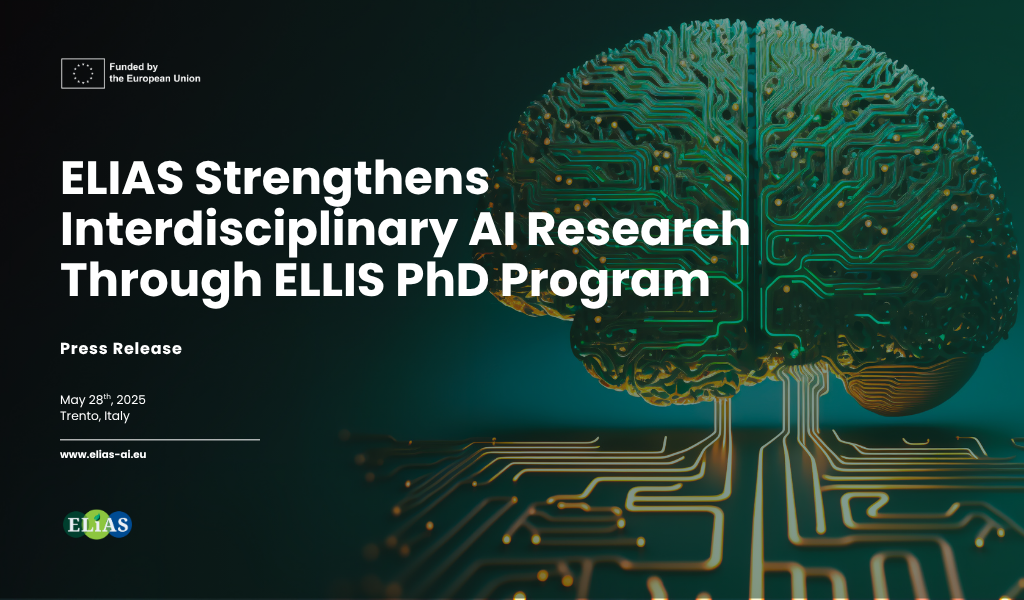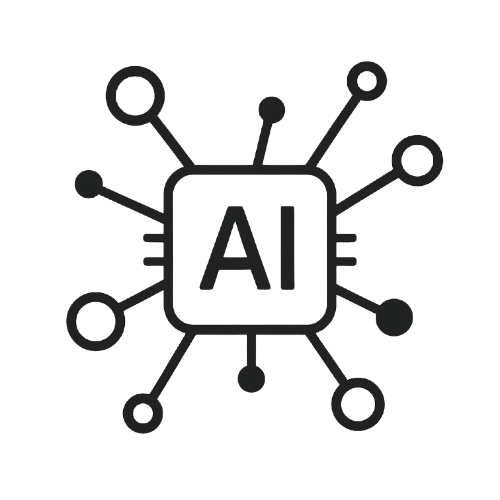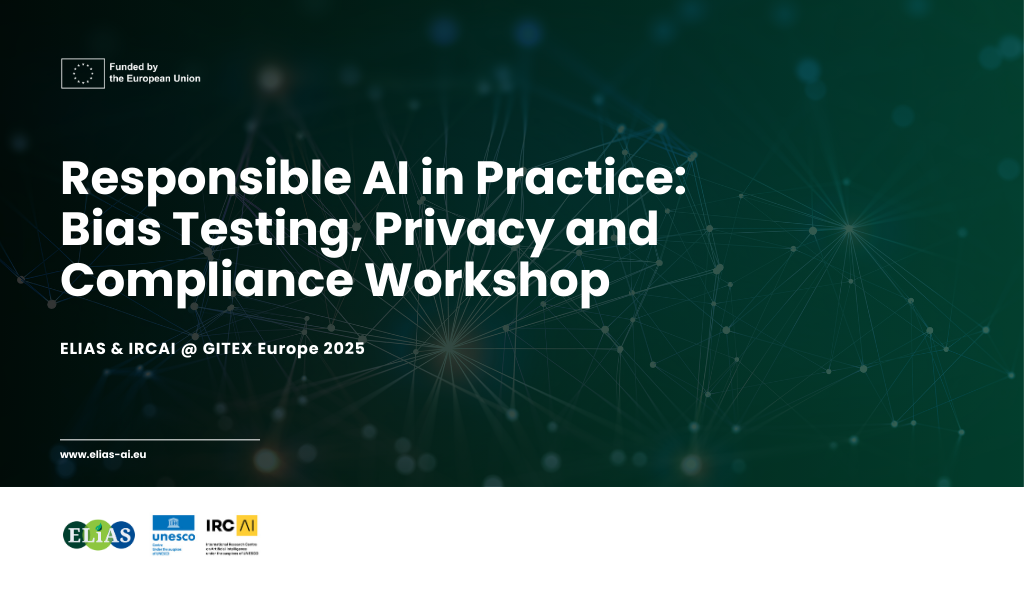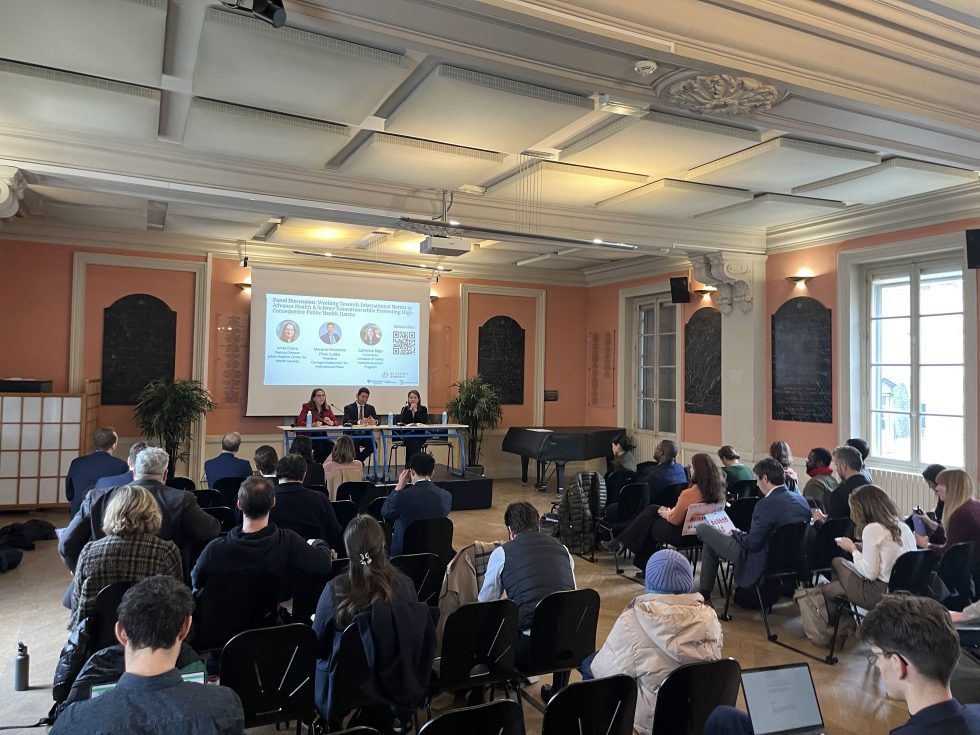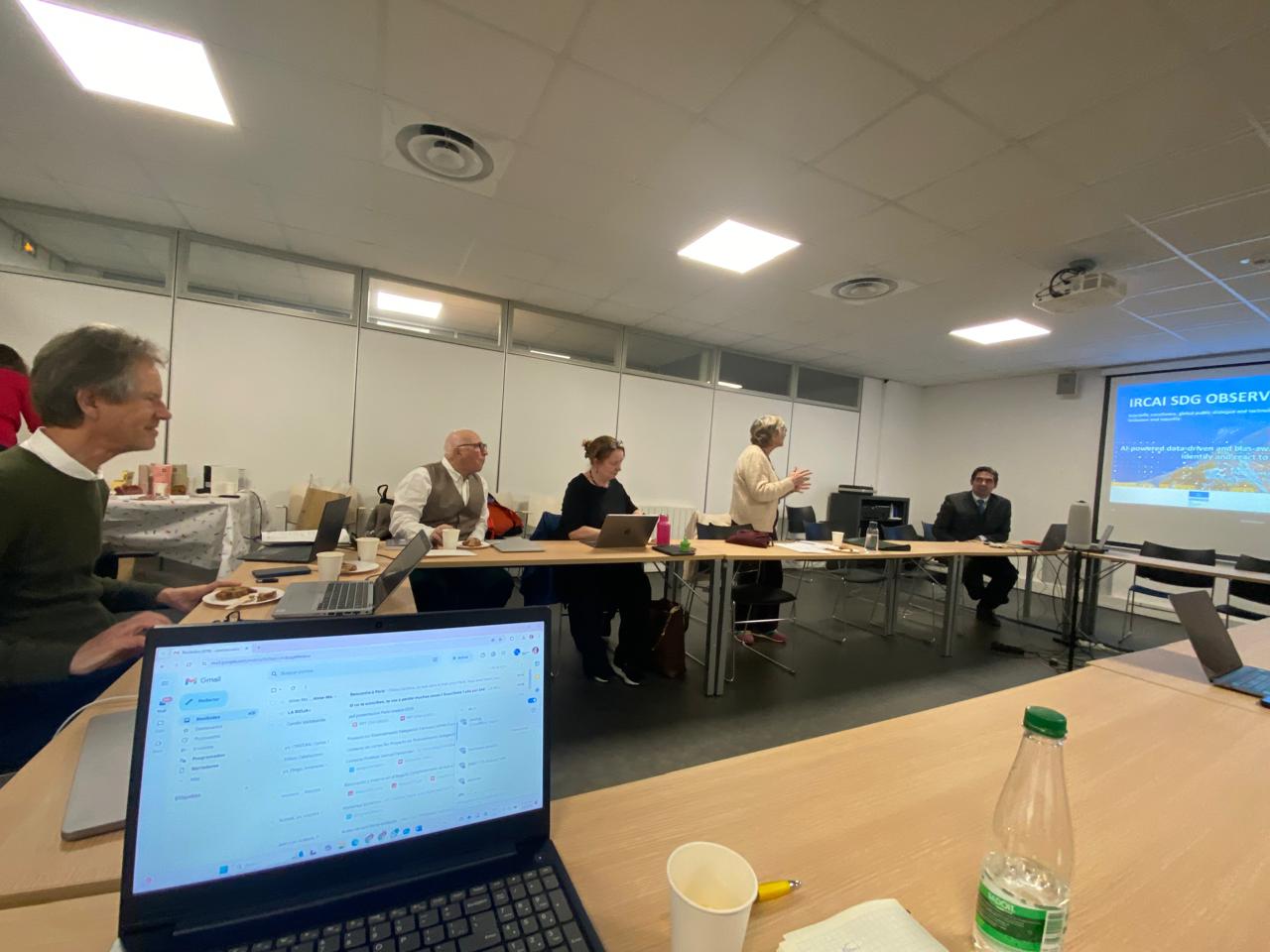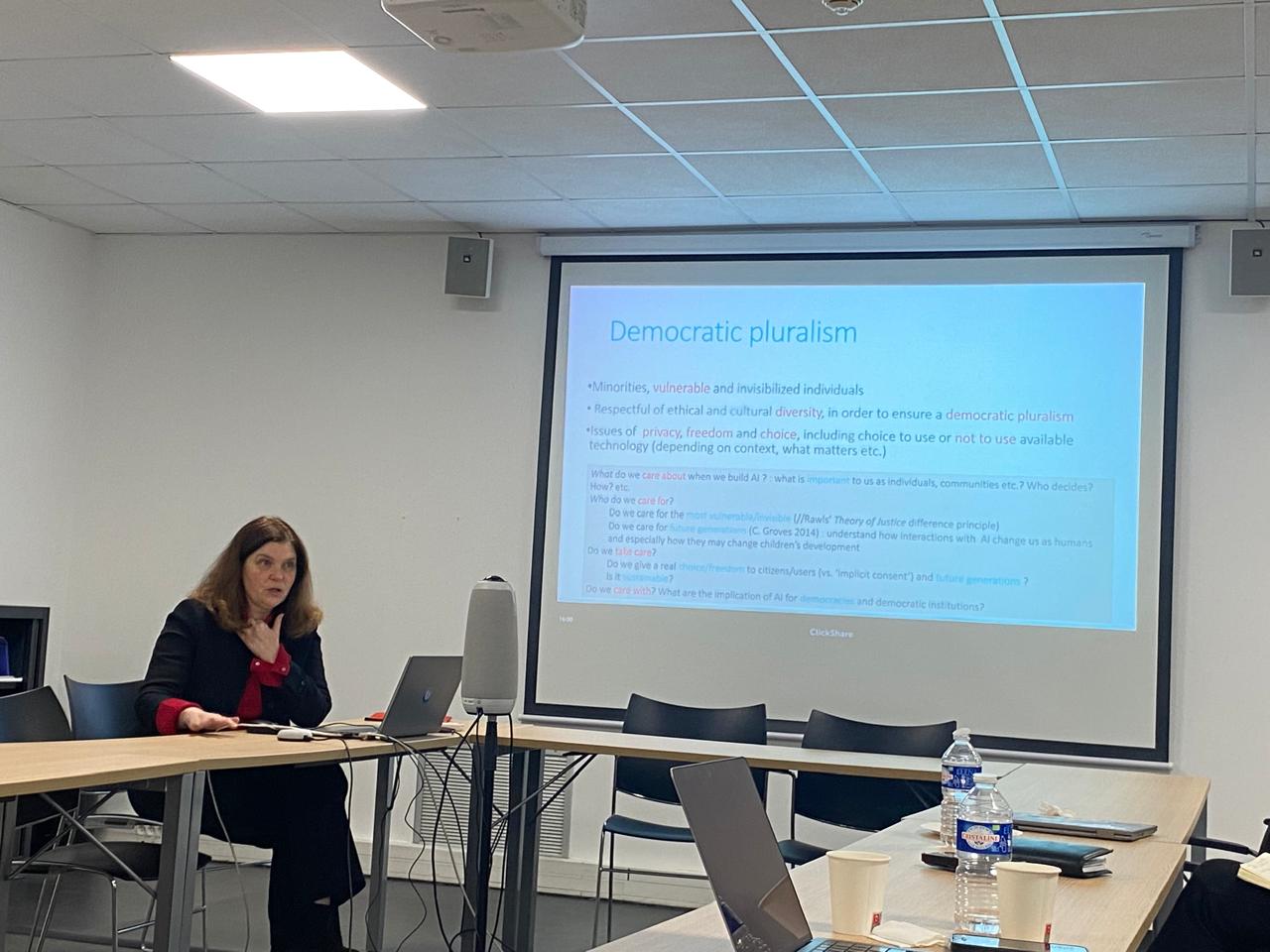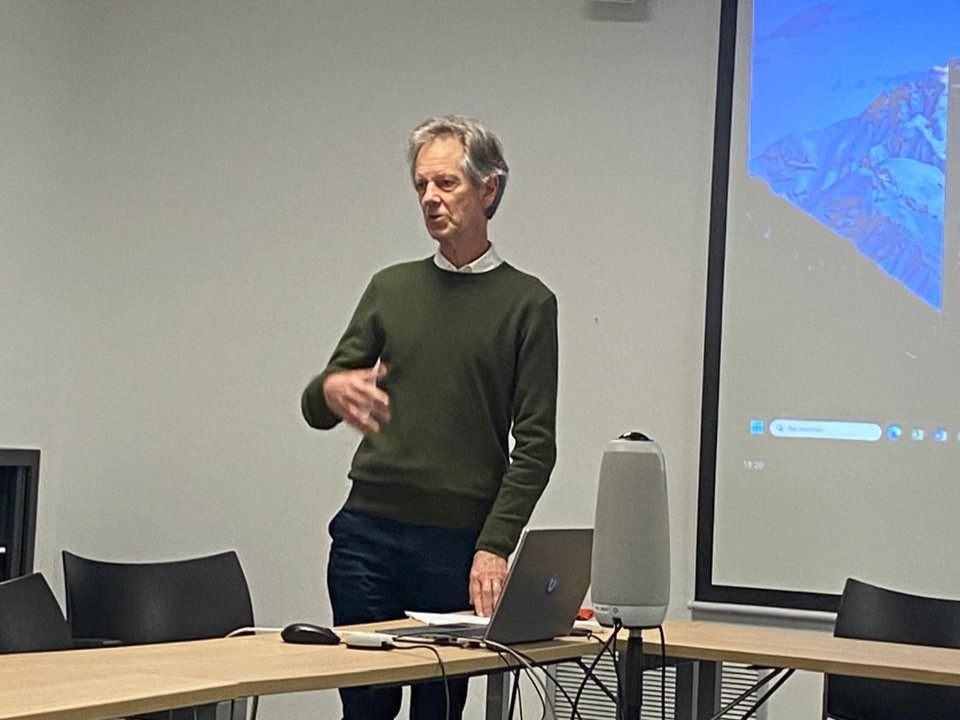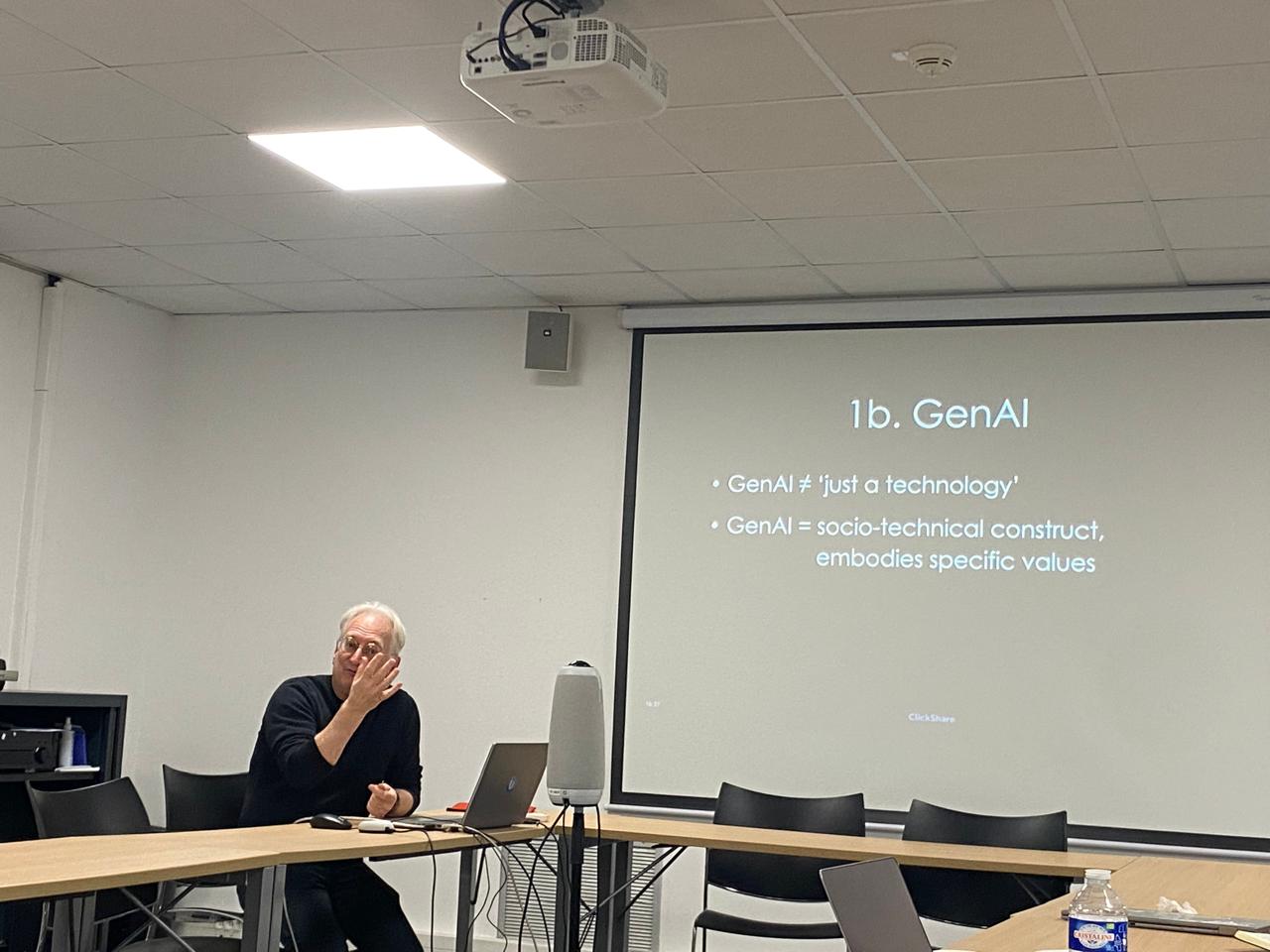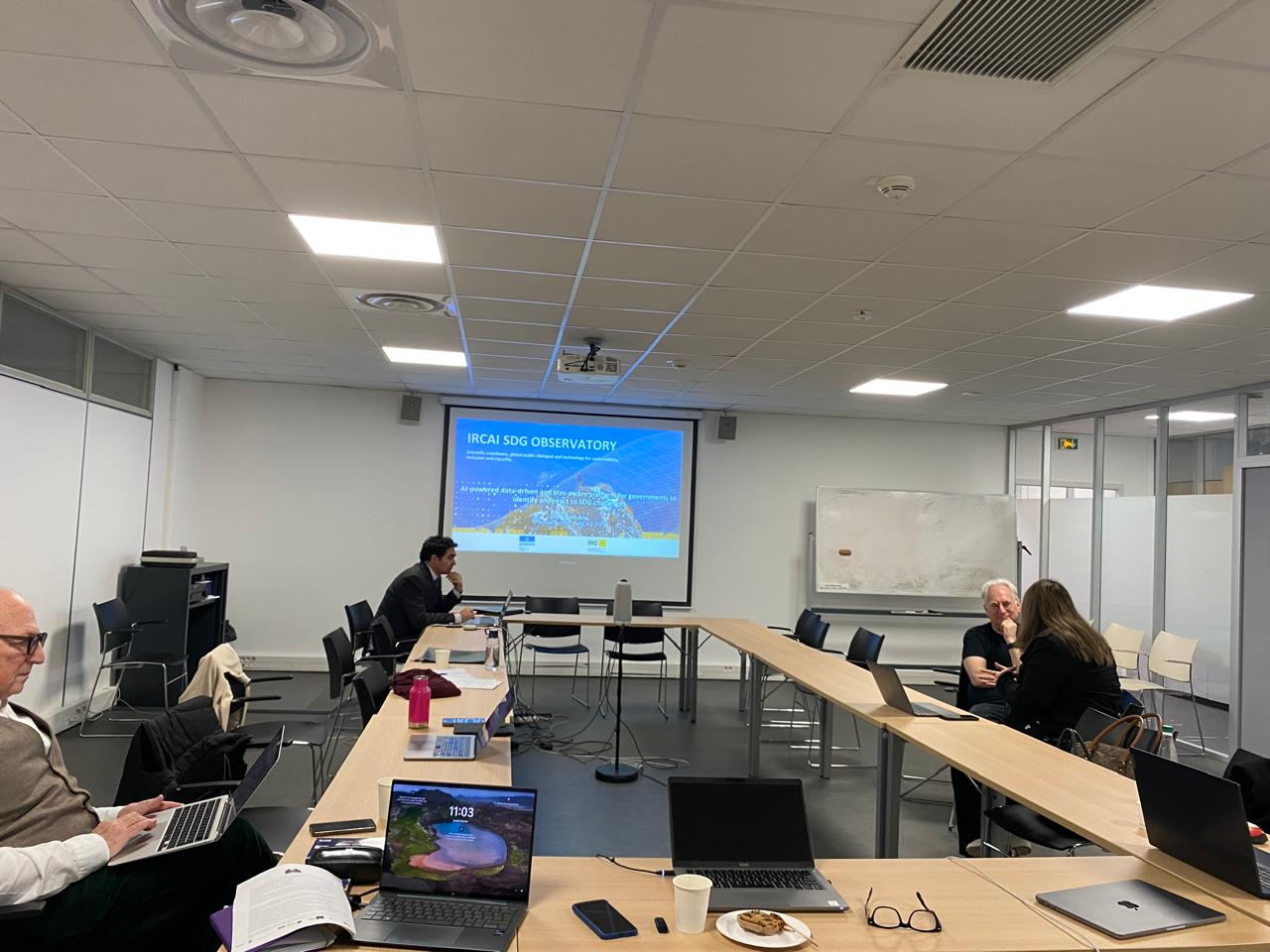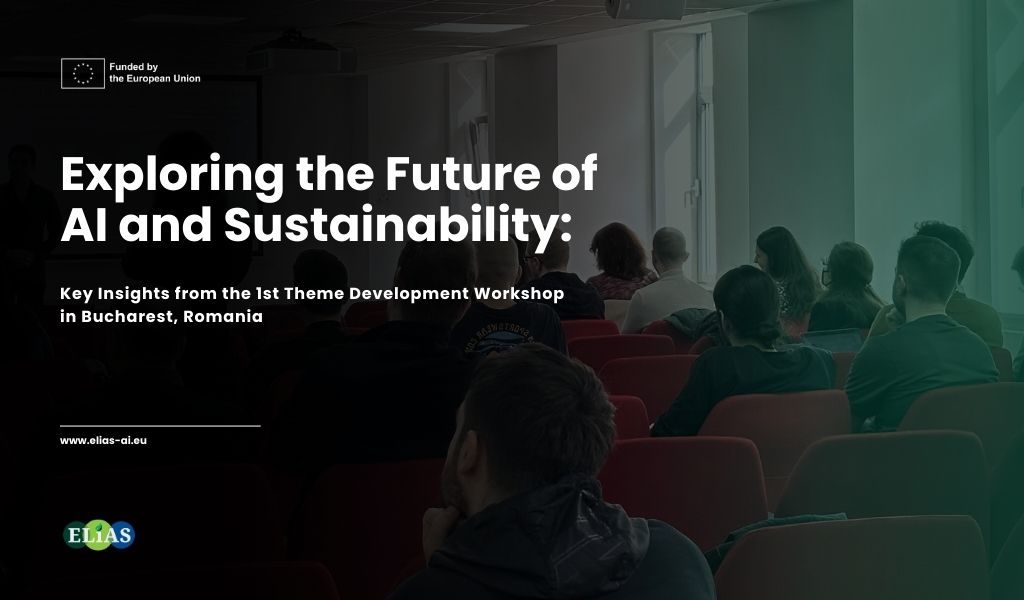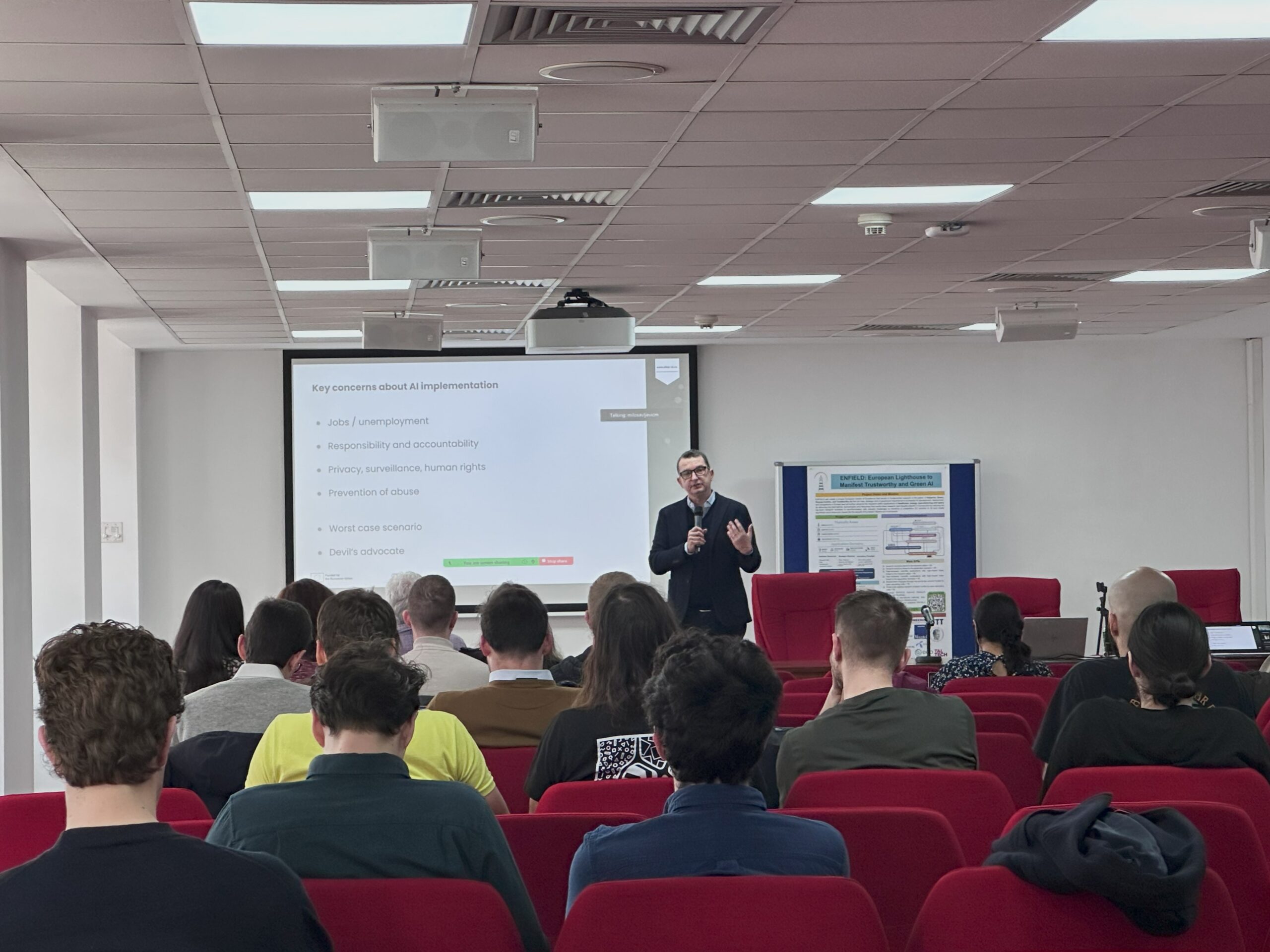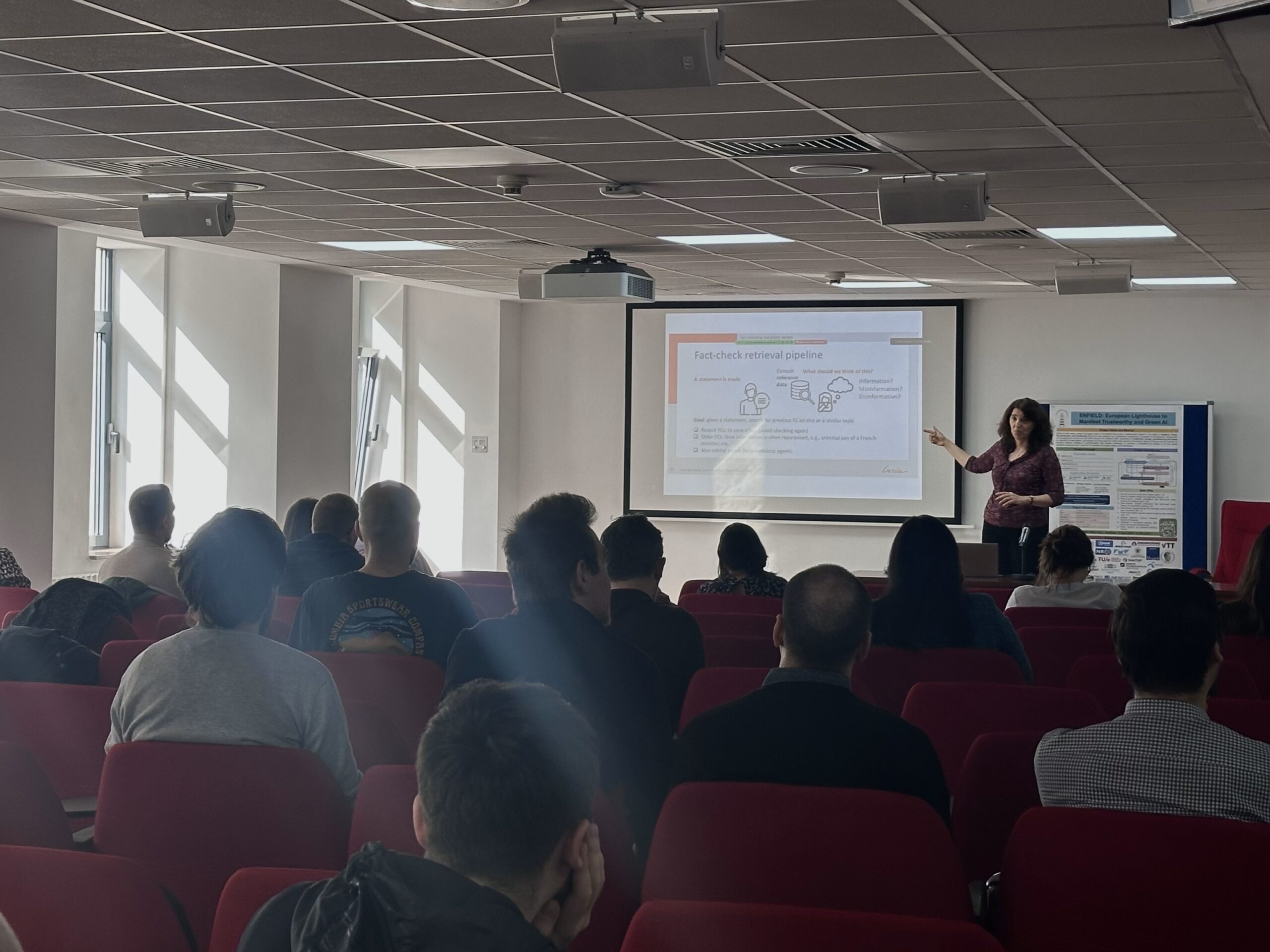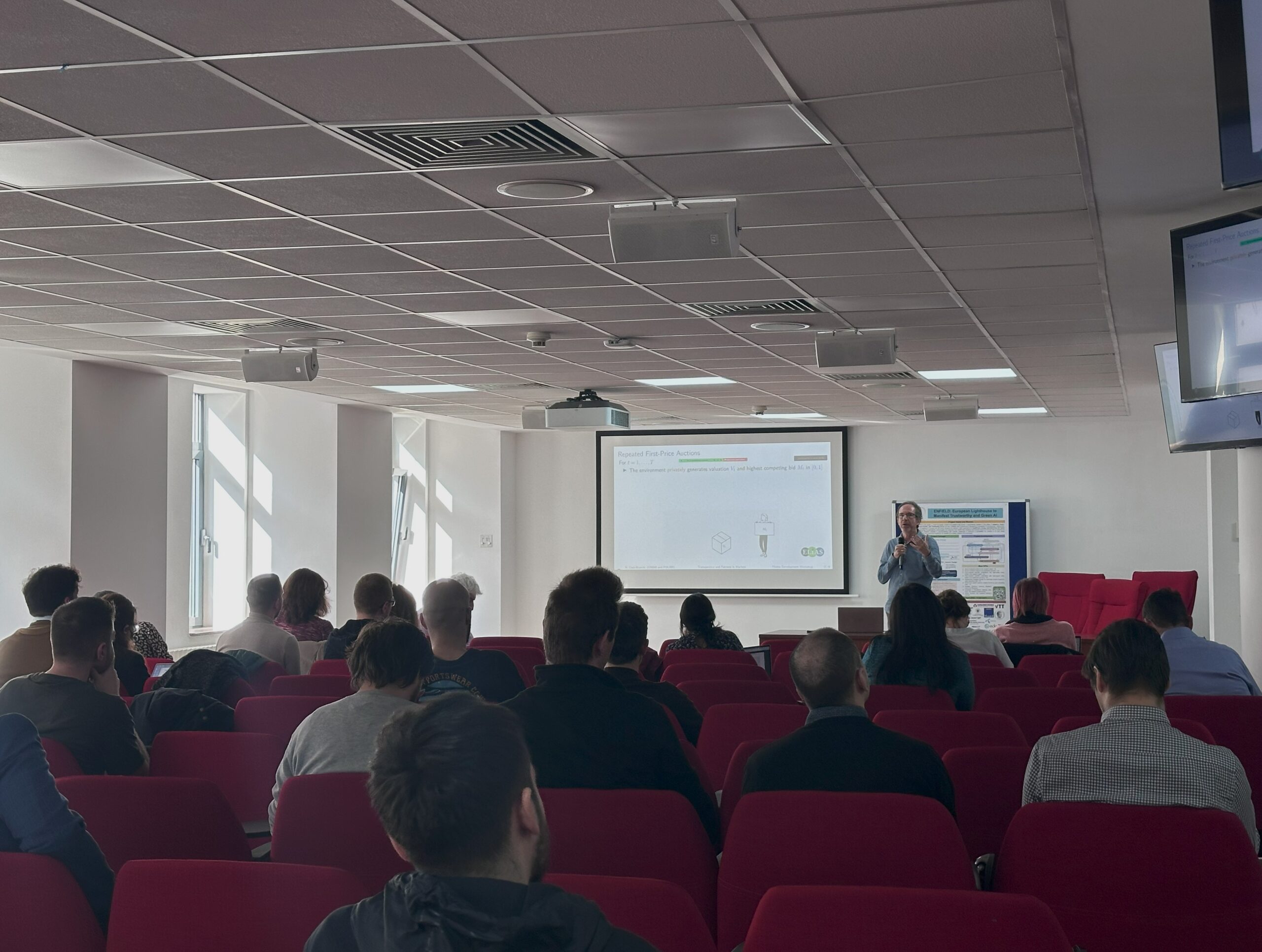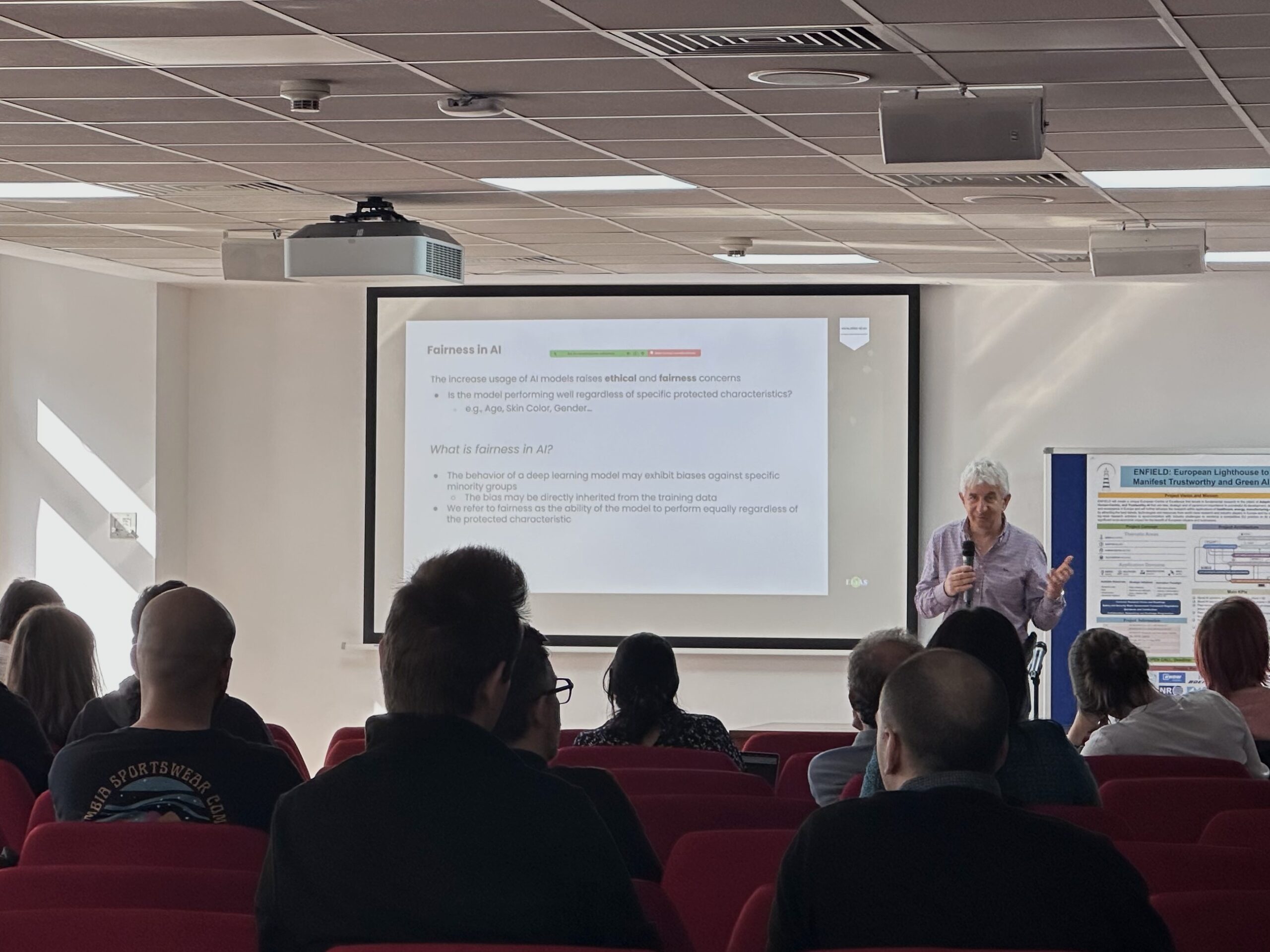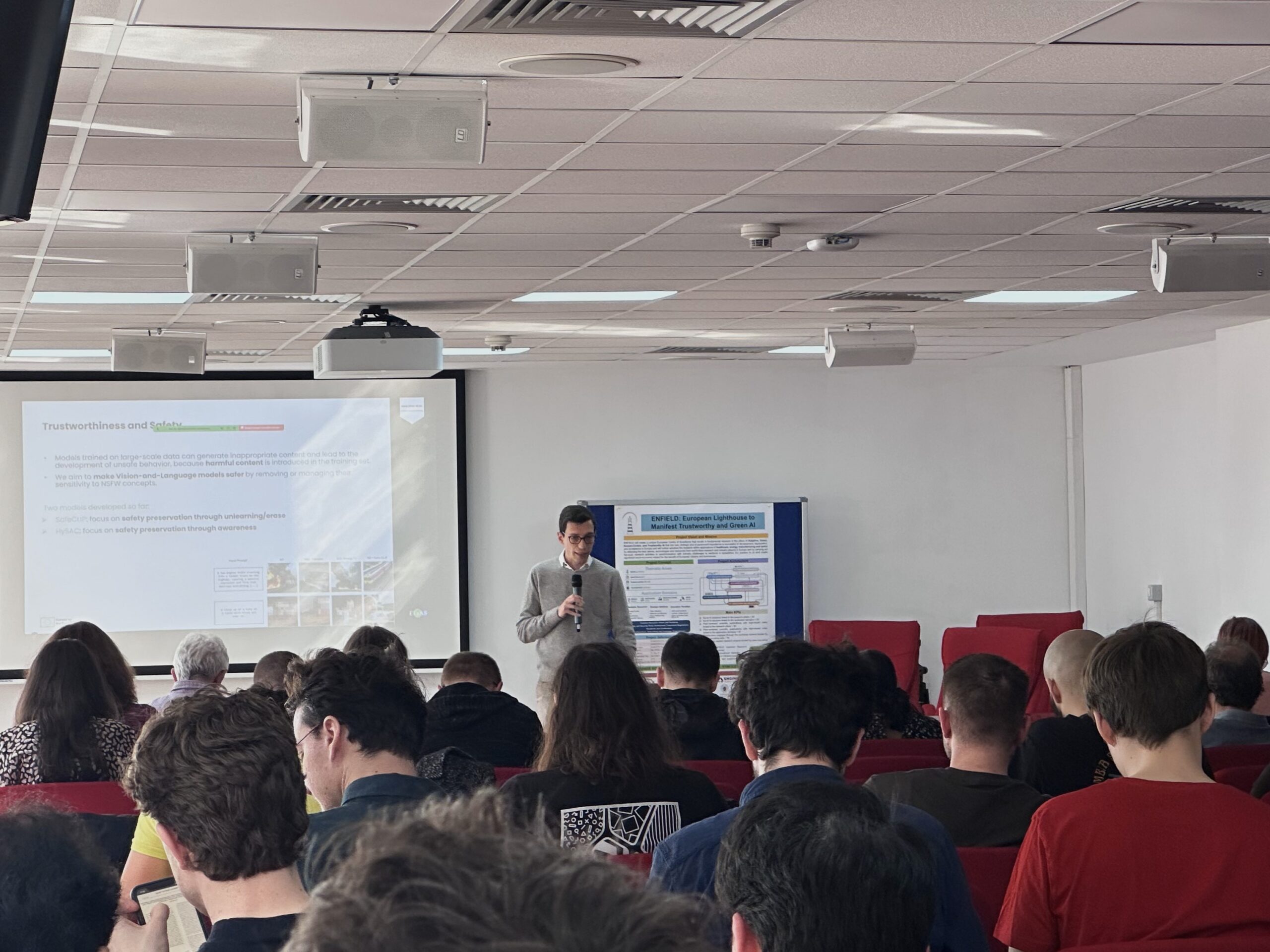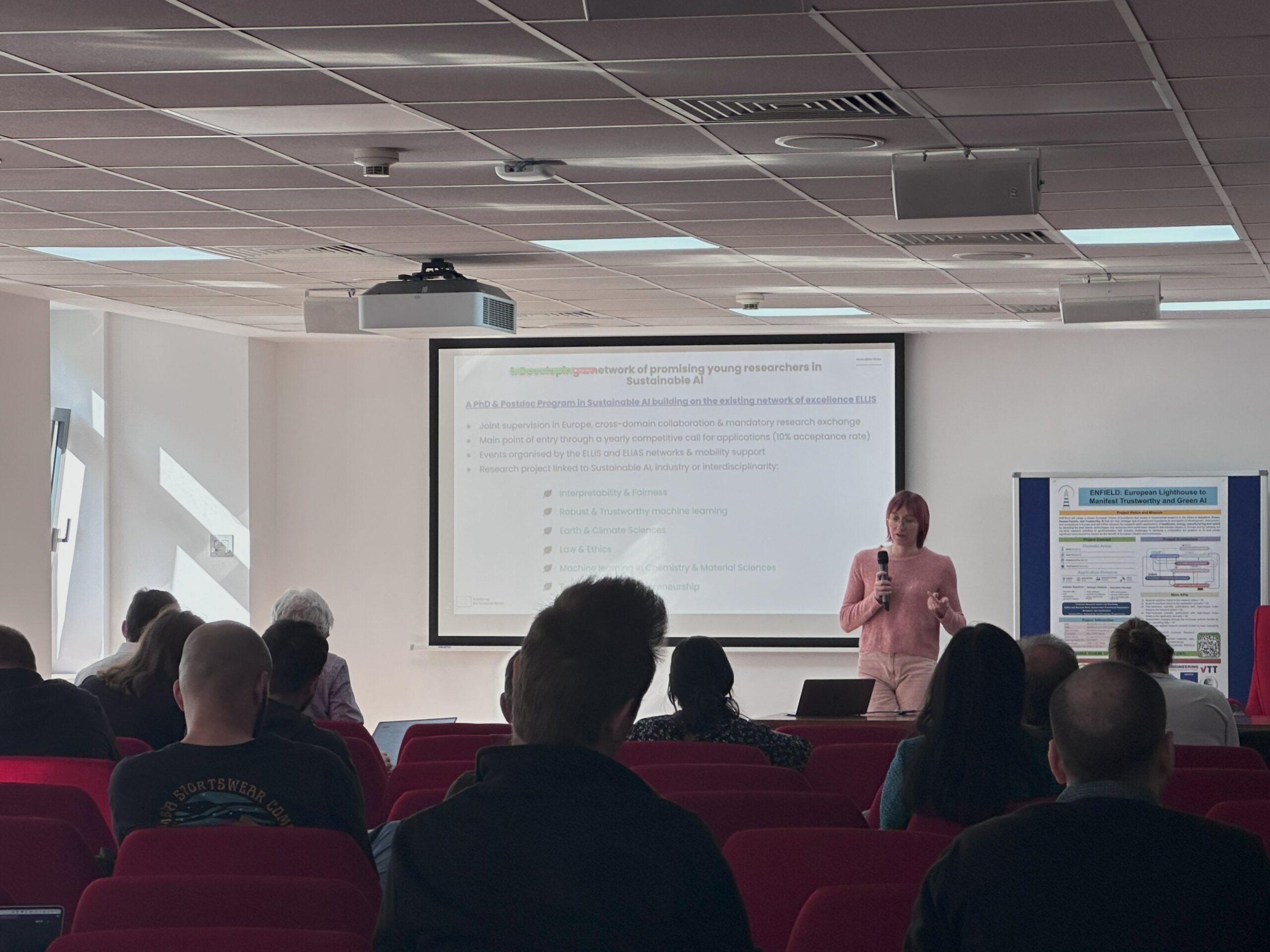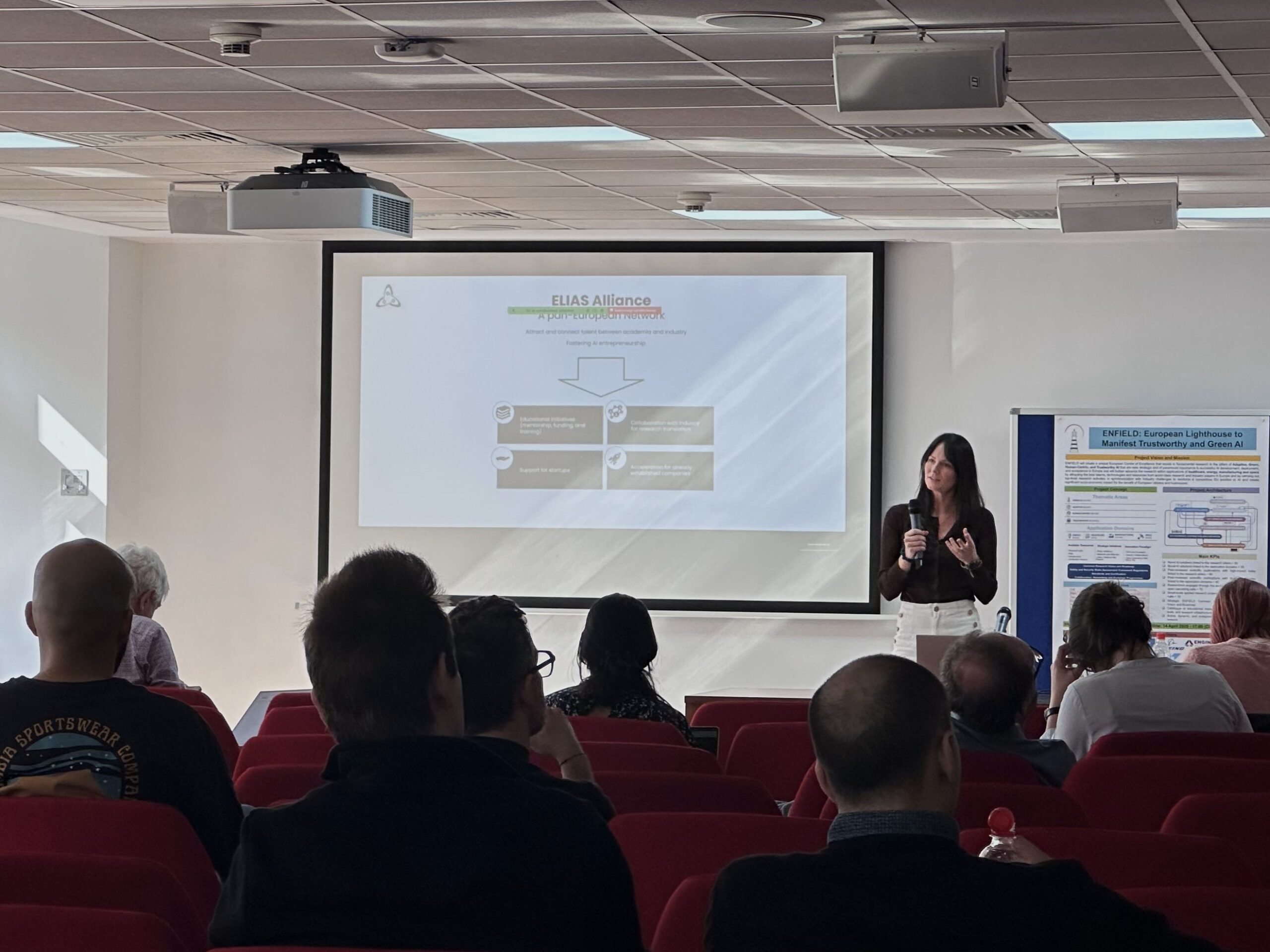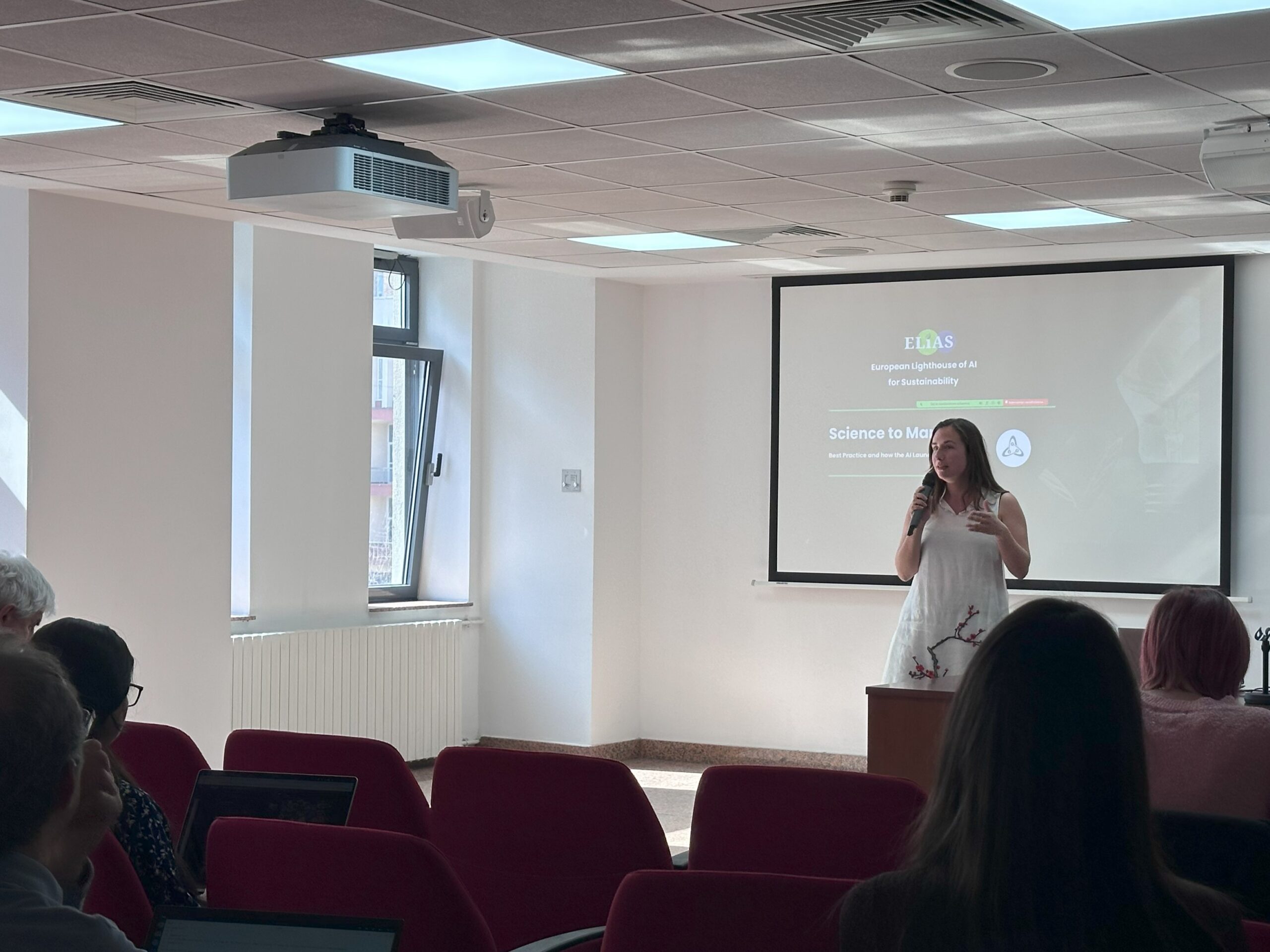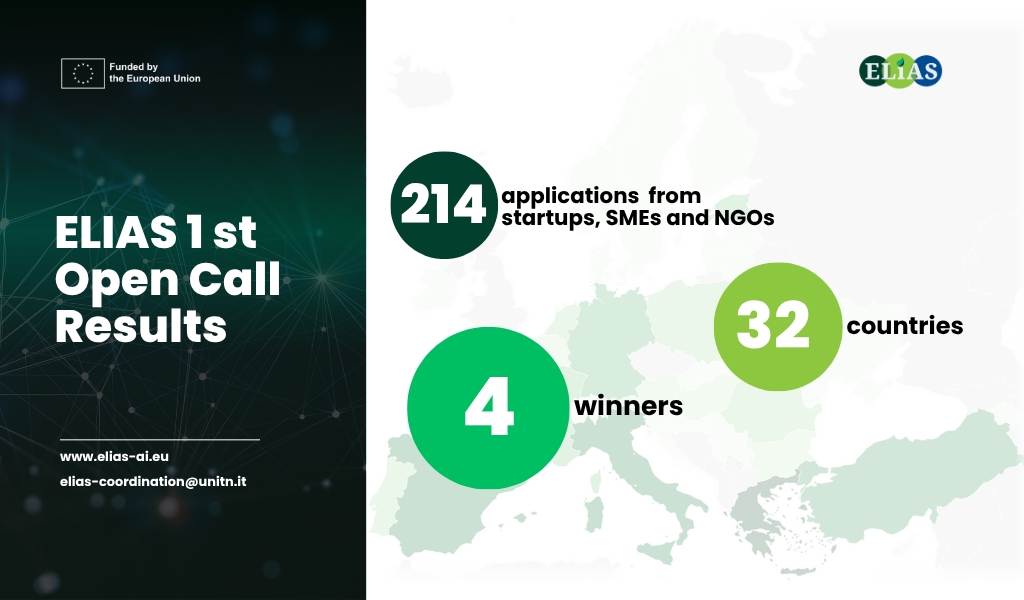
ELIAS Reveals the Winners of Its First Open Call: Pioneering AI Solutions for a Sustainable Future
Bringing Cutting-Edge AI Innovations to Sustainability Challenges
Trento, Italy – June 20th, 2025
The European Lighthouse of AI for Sustainability (ELIAS) is excited to announce the selection of four visionary projects as winners of its 1st Open Call for AI-driven sustainability projects. These cutting-edge initiatives will receive funding and support to develop AI-driven solutions addressing some of today’s most urgent environmental and societal challenges.
This milestone marks a major step forward in ELIAS’s commitment to harnessing artificial intelligence to drive sustainable innovation and societal impact.
Strong Interest from Across Europe and Beyond
The call attracted remarkable interest, with 214 submissions from startups, SMEs, and NGOs across 32 countries, highlighting the vibrant European and global AI innovation ecosystem committed to tackling pressing societal and environmental challenges. Proposals addressed seven targeted use cases (UCs), including AI for Building Optimisation (53 proposals), AI for Monitoring Virtual Infrastructure (24), Responsible User-centric Advertising (22), Mitigating Misinformed Migrant Perception in the EU (15), AI for Forecasting Vegetation State (42), Materials Discovery (13), and Personalised Co-piloting Systems (44), alongside 42 proposals covering other relevant topics.
Each selected project will enter a six-month development programme, receiving up to €60,000 in funding, and visibility through ELIAS channels and events.

Rigorous Selection Process
Projects were assessed by the consortium members and by 2 independent experts on three key criteria:
- Excellence: Innovation, ambition, and technical feasibility
- Impact & Scope: Relevance to sustainability and market potential
- Implementation: Team capability and resource readiness
Tie-breakers considered diversity, environmental and social impact, and submission timing. Only the highest-scoring projects progressed to the final selection.
“The response to our first Open Call exceeded all expectations, showing just how vibrant and mission-driven the European AI ecosystem is. These four selected projects demonstrate the transformative power of AI when applied with purpose and responsibility,” said Prof. Nicu Sebe, Coordinator of ELIAS.
Meet the Winners
LUCIA (Learning Urban Cognitive Intelligence for Autonomous Buildings)
by EWALA IT Services (SPAIN)
LUCIA is an open-source, AI-powered platform that optimises energy use in smart buildings. Lightweight and privacy-preserving, it deploys self-learning agents across systems such as HVAC, lighting, and energy metering to detect inefficiencies, adapt in real time, and reduce costs and emissions. These edge-based agents, coordinated by a central server, enable scalable, automated control while preserving data sovereignty. Fully aligned with GAIA-X and ELIAS principles, LUCIA directly addresses UC1 – AI for Building Optimisation, offering a secure, sustainable solution for both public and private infrastructure.
PINNSSHS (Physics-Informed Neural Networks for Self-Healing and Sustainable Solutions)
by Valence Technologies (BELGIUM)
PINNSSHS advances the design of self-healing polymers using a reverse-engineering approach powered by physics-informed neural networks (PINNs). Starting from target mechanical properties like Young’s modulus and viscosity, it identifies optimal chemical formulations, validated further through chemical kinetics simulations to ensure fast, cost-effective curing. This intelligent pipeline accelerates polymer development by up to six months and supports sustainable innovation aligned with the EU Green Deal and Circular Economy Action Plan, directly addressing UC6 – Materials Discovery.
TENSORIA (Tensor-Network Enhanced System for Observability and Real-time Intrusion Analysis)
by Multiverse Computing SL (SPAIN)
TENSORIA combines the precision of autoencoders with the interpretability of tensor networks to deliver a lightweight, transparent, and energy-efficient AI for real-time cybersecurity monitoring of virtual infrastructures (UC2 – AI for Monitoring Virtual Infrastructure). By improving transparency and interpretability, TENSORIA enhances decision-making and accelerates response times while maintaining performance on par with existing AI methods, addressing the common challenge of “black box” models in cybersecurity.
AI-REFRAME (AI-Based Approach for Reshaping European Frames on Migration and Refugees)
by Athens Technology Center (Greece)
AI-REFRAME uses deep learning and large language models to detect and counter disinformation about migration. Designed for all user levels—journalists, policymakers, educators, and the public—it provides interpretable insights and reliable counternarratives to foster informed, inclusive dialogue (UC 4 – Mitigating Misinformed Migrant Perception in the EU). The project supports media literacy, promotes critical thinking, and aids policymakers in crafting more targeted and culturally sensitive policies, contributing to human rights and sustainable development goals.
Looking Ahead: AI for a Sustainable Europe
These winning projects exemplify ELIAS’s vision of AI as a powerful driver of sustainable development, ethical innovation, and societal well-being. By supporting mission-driven AI initiatives, ELIAS continues to strengthen Europe’s position as a global leader in responsible AI research and application.
“The diversity and real-world impact of these projects are impressive. It’s inspiring to see so many innovative SMEs, NGOs, and startups contributing to our vision, showcasing the strength of AI innovation across Europe. We look forward to discovering even more groundbreaking solutions in our second Call opening early 2026,” said Cecilia Zanazzo, Project Manager of ELIAS.
Building on the success of its first Open Call, ELIAS is set to accelerate cross-sector collaboration and innovation to create a greener, fairer future. The second Call for proposals will open in early 2026, welcoming new AI projects focused on driving sustainability and positive societal impact.
Access Press Release here: ELIAS Reveals the Winners of Its First Open Call: Pioneering AI Solutions for a Sustainable Future
For the full ranking list of evaluated proposals, visit: ELIAS 1st Open Call – Ranking List




